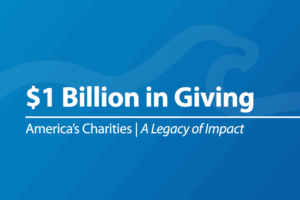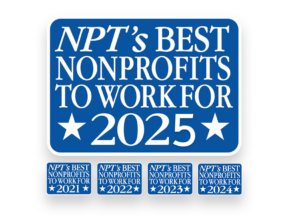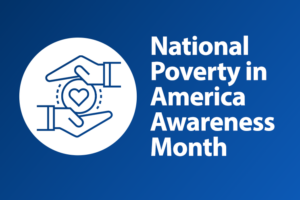Sarah Ford | May 27, 2014
Get Naked! You Just Might Save Your Life
Did you know that nearly 80,000 people will be diagnosed with melanoma this year? That’s the equivalent of the entire population of Somerville, Massachusetts. Or Troy, Michigan. Or Buena Park, California. Imagine – an entire town: mothers, fathers, children, teens, friends and lovers – all diagnosed with the deadliest form of skin cancer.
Melanoma can be deadly. But if you catch it early – before it spreads – it can be treated. How can you do that, you ask? Read on.
Check your skin – regularly.
Research has shown that patients, not doctors, are most likely to spot melanoma because they are most familiar with changes on their own skin. In fact, more than half of all melanomas are detected by everyday people – just by paying attention to their or their loved ones’ skin. Get naked in front of the mirror and take a closer look at your skin. Learn how to perform a skin self-exam – and if you see something funny or different, make an appointment with a dermatologist.
Talk to others.
Don’t be afraid to ask about a mole you’re not sure about. Ask your spouse, your partner, a friend or family member to help you keep track of suspicious moles and check hard-to-see places. Don’t be shy – melanoma isn’t, and it doesn’t discriminate. Melanoma can develop on anyone – no matter their age, gender or race.

Get Resources and Insights Straight To Your Inbox
Explore More Articles
$1 Billion in Giving: America’s Charities Reaches a Historic Milestone
A testament to the impact of mobilizing the power of giving. We have some extraordinary news to share. In 2025, America’s Charities crossed a threshold that few organizations…
America’s Charities Named ‘Best Nonprofit To Work For’ For Fifth Consecutive Year
Washington, D.C. – April 1, 2025 – America’s Charities, the nonprofit that mobilizes the power of giving as a leading provider of volunteering, workplace giving,…
Get Resources and Insights Straight To Your Inbox
Receive our monthly/bi-monthly newsletter filled with information about causes, nonprofit impact, and topics important for corporate social responsibility and employee engagement professionals, including disaster response, workplace giving, matching gifts, employee assistance funds, volunteering, scholarship award program management, grantmaking, and other philanthropic initiatives.




